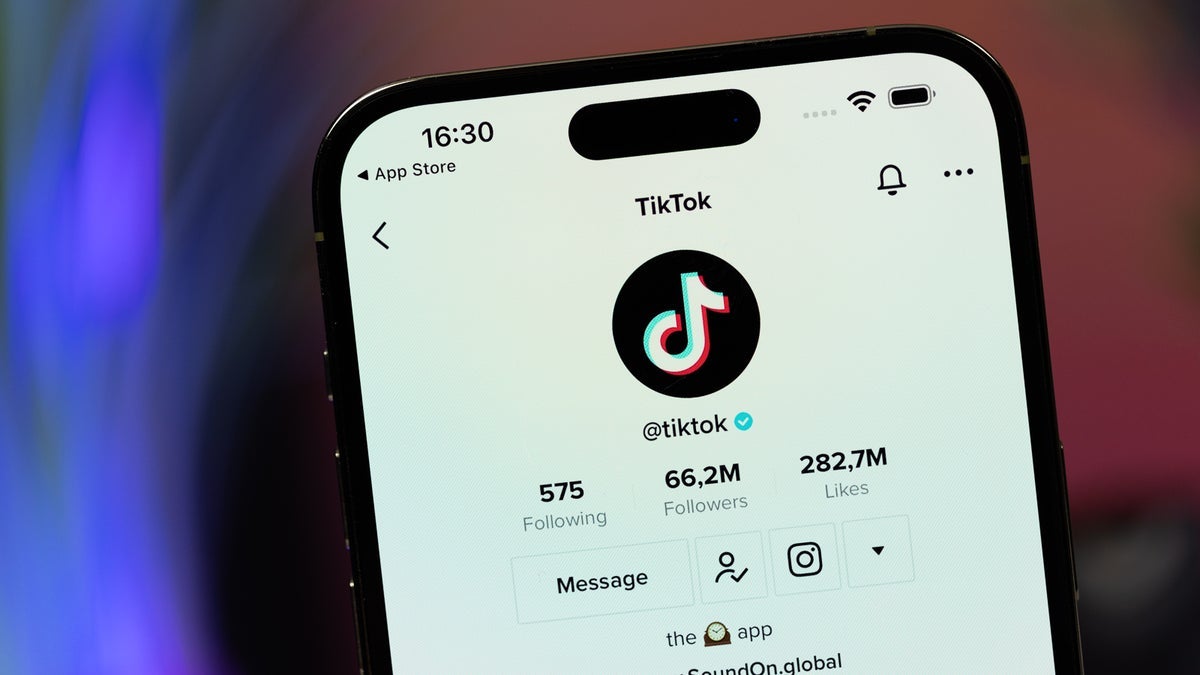Paxton further claims that TikTok illegally shares and sells minors’ personal identifying information with third parties, such as advertisers and search engines. He also asserts that the platform unlawfully presents targeted advertising to users known to be minors.
I will continue to hold TikTok and other Big Tech companies accountable for exploiting Texas children and failing to prioritize minors’ online safety and privacy. Texas law requires social media companies to take steps to protect kids online and requires them to provide parents with tools to do the same. TikTok and other social media companies cannot ignore their duties under Texas law.
– Texas Attorney General Ken Paxton in a statement, October 2024
A TikTok spokesperson rejected Paxton’s claims, highlighting available online resources that allow parents in states like Texas to request the deletion of their teen’s account. The spokesperson also emphasized that, according to TikTok’s privacy policies, the company does not sell personal information and does not share personal data in areas where it is restricted by law.
We strongly disagree with these allegations and, in fact, we offer robust safeguards for teens and parents, including family pairing, all of which are publicly available. We stand by the protections we provide families.
– TikTok spokesperson Jason Grosse in an email response, October 2024
Paxton’s lawsuit was submitted in federal district court in Galveston. This filing follows an earlier ruling in August, when a federal district judge temporarily halted parts of the social media law as debates over its constitutionality continue.
Two separate legal challenges have been brought against the law. One was filed by tech industry groups representing major digital platforms like YouTube and Meta, while another came from a free speech advocacy organization.
Just before the law was set to take effect, Judge Robert Pitman blocked the provision requiring social media platforms to filter harmful content, such as material related to self-harm or substance abuse, from minors’ feeds. However, he allowed other parts of the law to be enforced, including restrictions on selling or sharing minors’ data and the requirement for parental account monitoring tools.
In response to the Texas law, Meta, the parent company of Facebook and Instagram, introduced new parental control features. Parents who verify their identity with valid identification can now set usage limits and modify their child’s account settings. Meta also stated it does not share or sell personal data.
The consumer protection division of Paxton’s office is solely responsible for enforcing the law and is seeking civil penalties of $10,000 per violation, along with attorney’s fees.
Texas is among several states that have passed legislation aimed at regulating how social media platforms manage their content. These laws have faced opposition from both the tech industry and free speech advocates.
